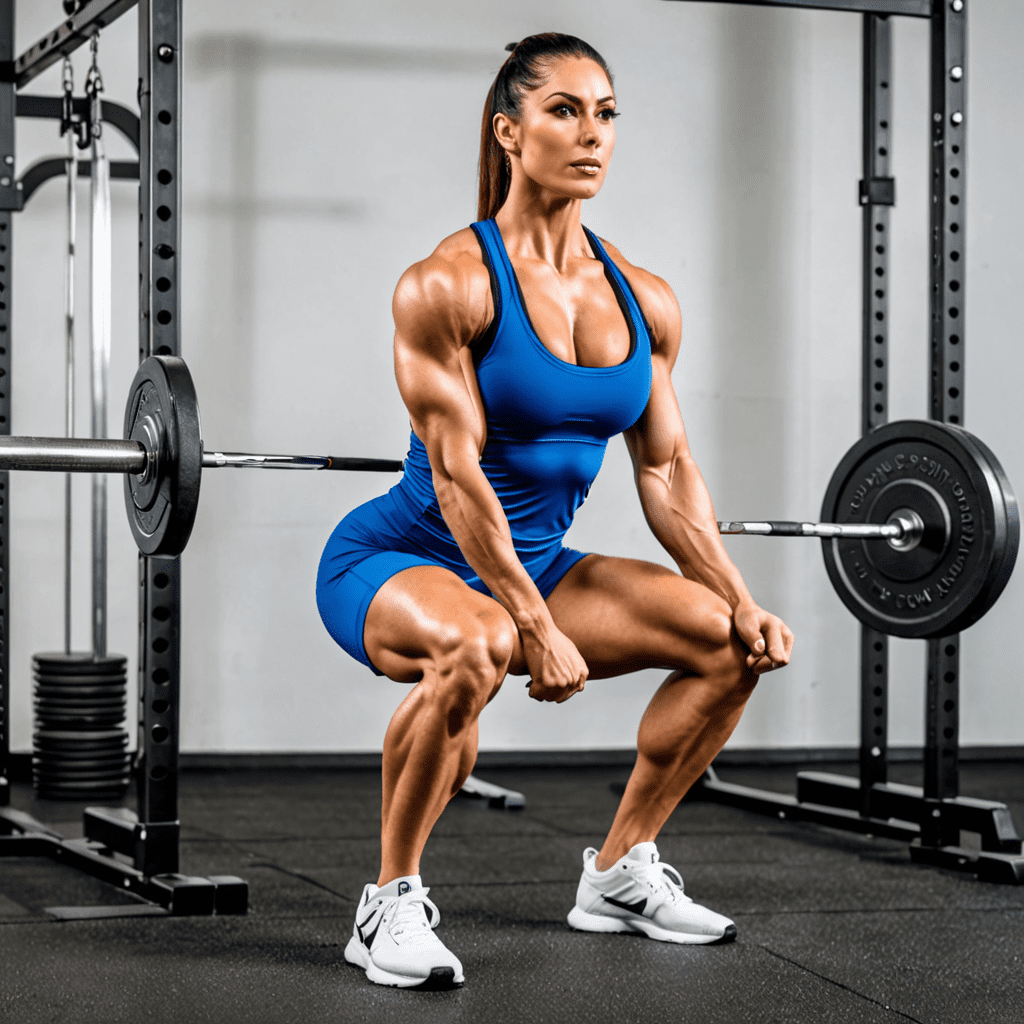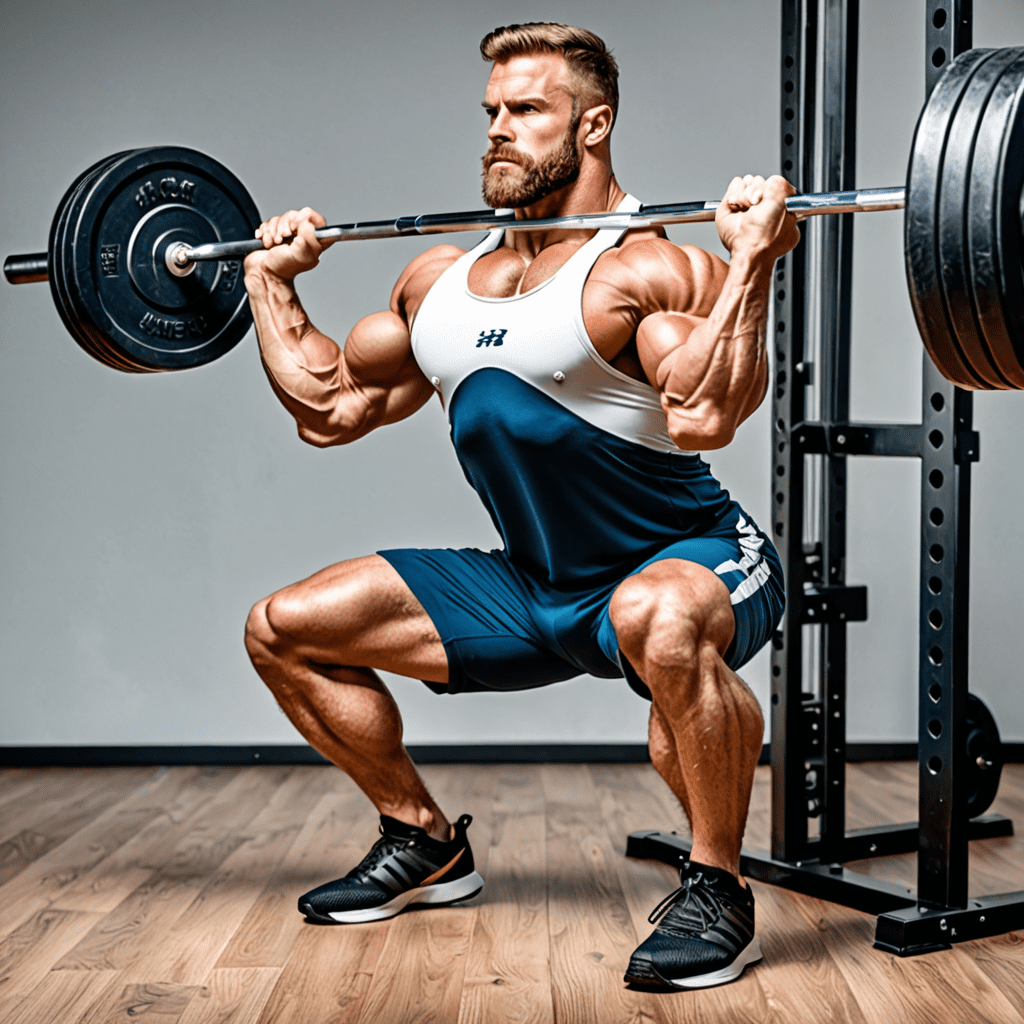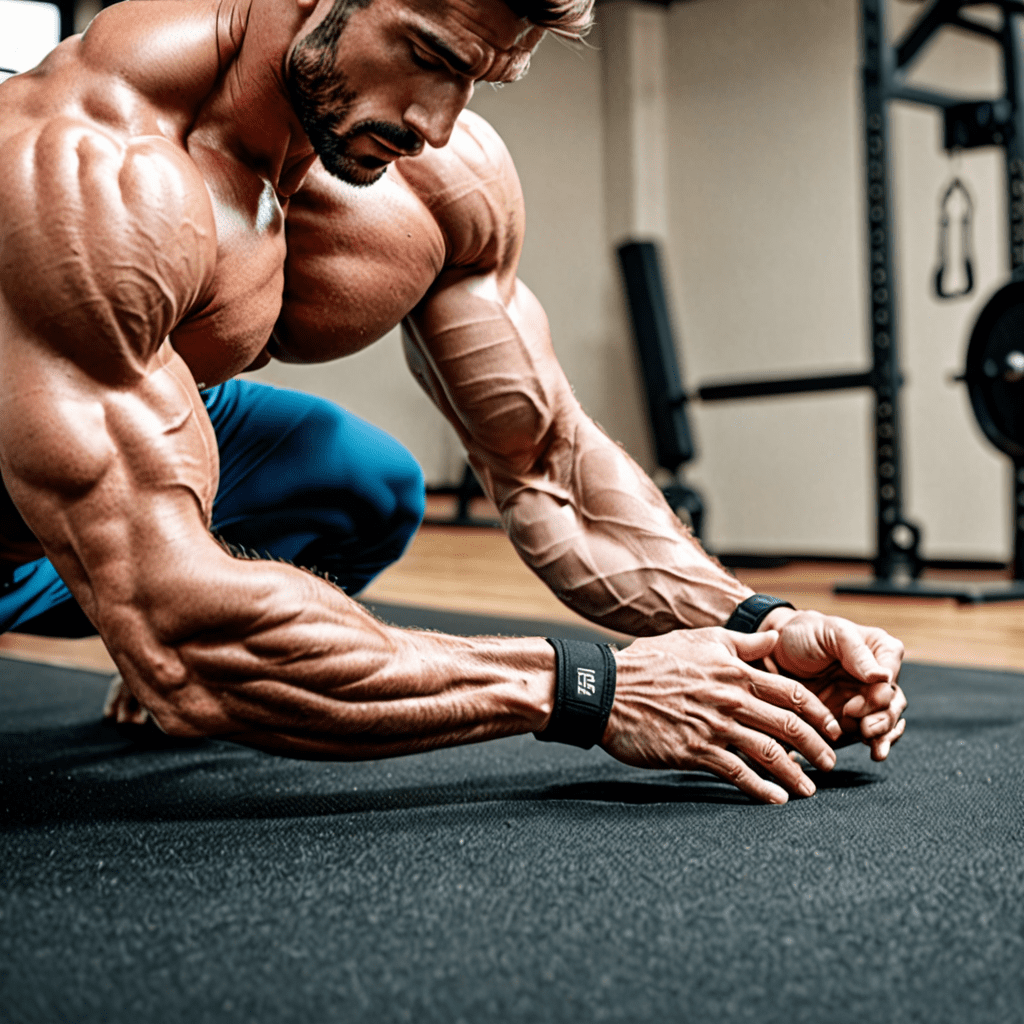
Understanding Knee Pain During Squats: What You Need to Know
Common Causes of Knee Pain During Squats
Squatting can put a significant amount of stress on the knees, and knee pain during squats can be caused by various factors. Some common causes include improper form, muscle imbalances, weak stabilizing muscles, and underlying joint issues.
Improper Form
When performing squats with improper form, such as leaning too far forward, allowing the knees to cave in, or not engaging the core properly, the knees can take on excessive stress, leading to pain and potential injury.
Muscle Imbalances
Muscle imbalances, particularly between the quadriceps and the hamstrings, can contribute to knee pain during squats. When one set of muscles is significantly stronger than the other, it can pull the kneecap off track, causing discomfort and pain.
Weak Stabilizing Muscles
The muscles around the knees, including the glutes and hips, play a crucial role in stabilizing the knee joint during squats. Weakness in these stabilizing muscles can lead to improper tracking of the kneecap and increased stress on the knee.
Underlying Joint Issues
Pre-existing conditions such as arthritis, tendinitis, or meniscus tears can be aggravated by the repetitive and weight-bearing nature of squats, leading to knee pain.
Preventing Knee Pain During Squats
Understanding the causes of knee pain during squats is crucial for preventing discomfort and potential injury.
Focus on Proper Form
Maintaining proper squat form, including keeping the knees aligned with the toes, engaging the core, and keeping the back straight, can significantly reduce stress on the knees.
Address Muscle Imbalances
Incorporating exercises that target the quadriceps, hamstrings, and glutes can help correct muscle imbalances and provide better support for the knee joint during squats.
Strengthen Stabilizing Muscles
Adding exercises that strengthen the hip abductors, adductors, and gluteal muscles can improve the stability of the knee joint, reducing the risk of knee pain during squats.
When to Seek Professional Help
If knee pain during squats persists despite addressing form, muscle imbalances, and stabilizing muscle weakness, it is essential to seek professional help. A healthcare provider or physical therapist can assess the knee joint, identify any underlying issues, and provide a tailored treatment plan.
FAQs About Knee Pain During Squats
Q: Can squatting cause long-term damage to the knees?
A: When done with proper form and in conjunction with a well-rounded exercise routine, squatting is generally safe for the knees. However, if done incorrectly or with pre-existing knee issues, it can potentially cause long-term damage. It’s essential to prioritize proper form and seek guidance if experiencing persistent knee pain.
Q: Should I continue squatting if I experience knee pain?
A: If knee pain persists during squats, it is advisable to pause squatting and seek professional guidance. Continuing to squat through pain can exacerbate underlying issues and lead to further injury.
Q: Are there alternative exercises to squats that are gentler on the knees?
A: Yes, there are several alternatives to squats that are gentler on the knees, such as lunges, step-ups, and leg presses. These exercises can be modified to reduce stress on the knees while still targeting similar muscle groups.
Q: How can I tell if my knee pain is due to muscle soreness or something more serious?
A: Muscle soreness from exercise typically improves within a few days, while persistent or sharp pain during or after squats could indicate a more serious issue. If unsure, it’s best to consult a healthcare professional for an accurate assessment.


